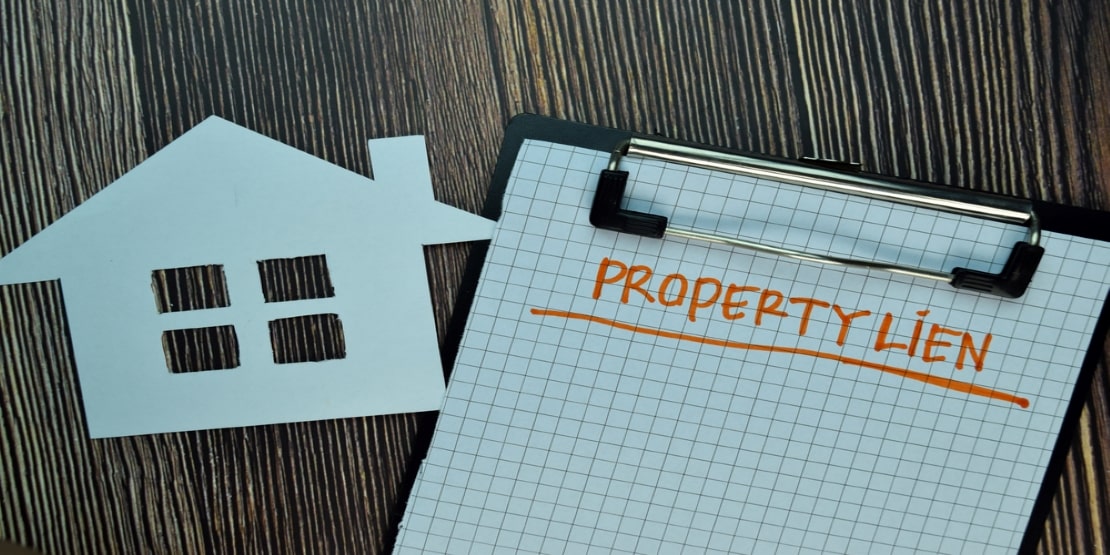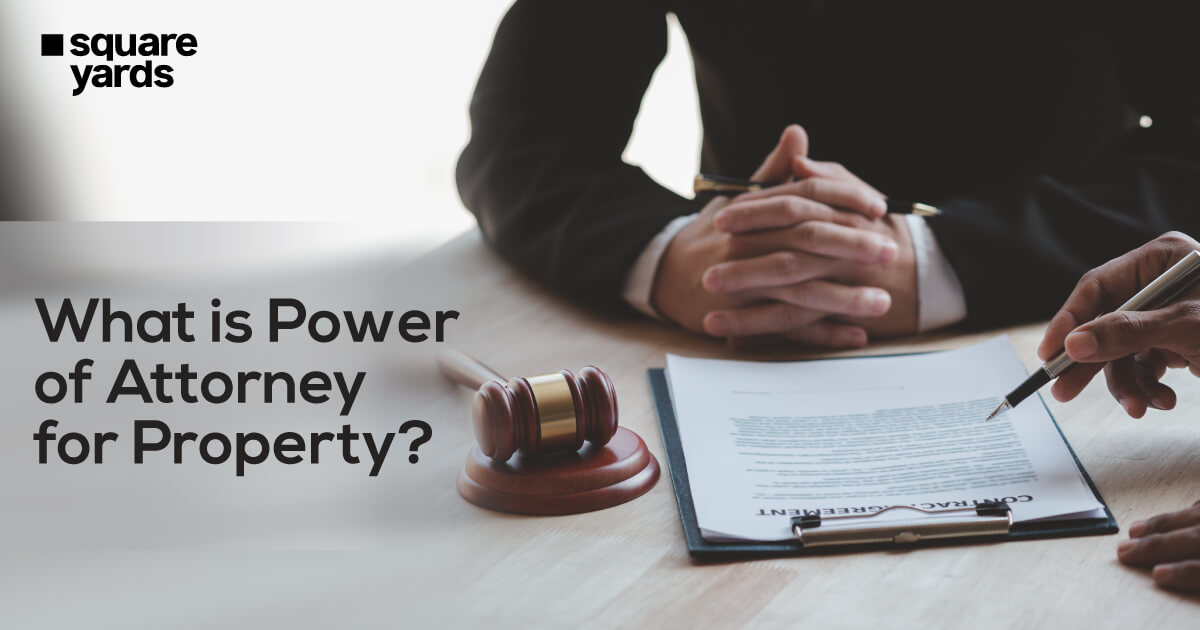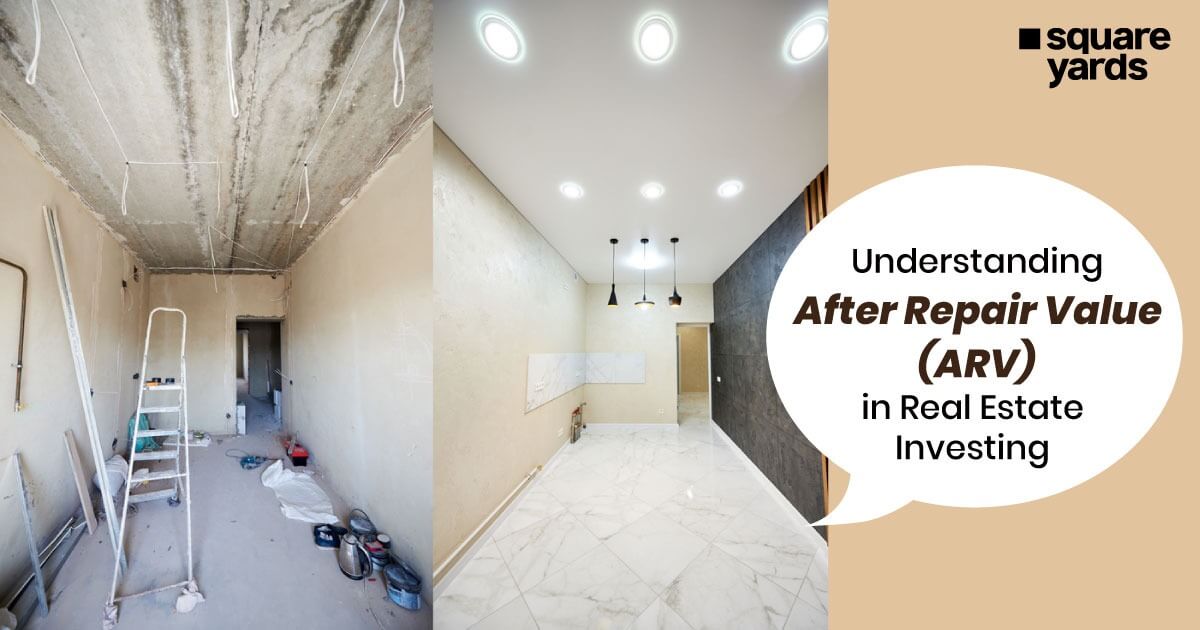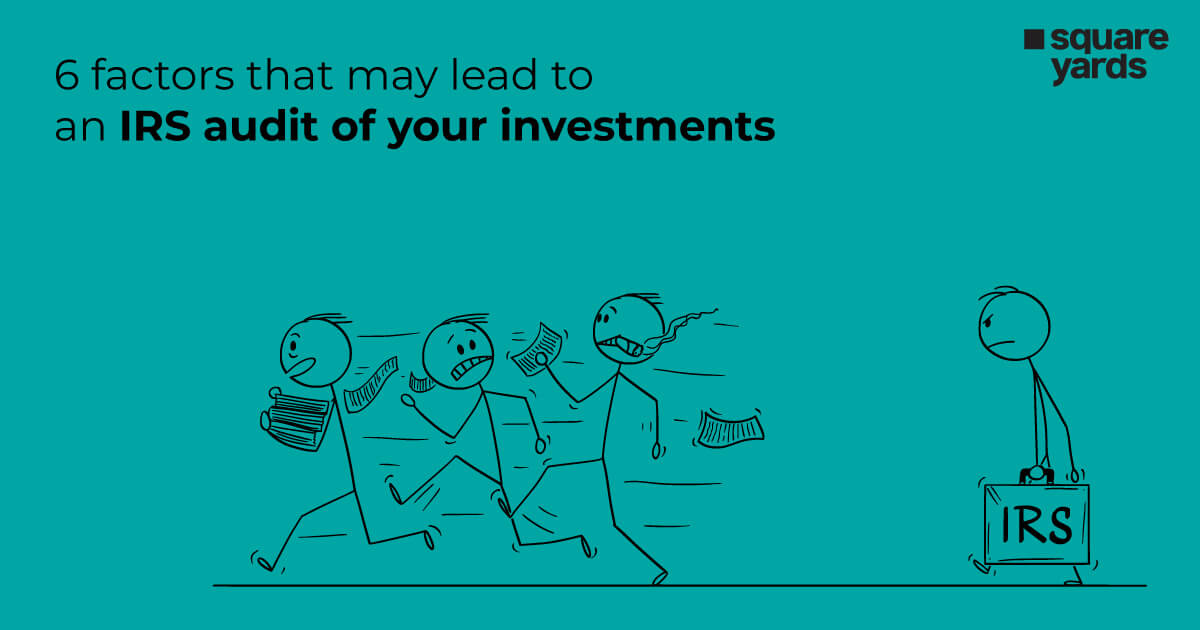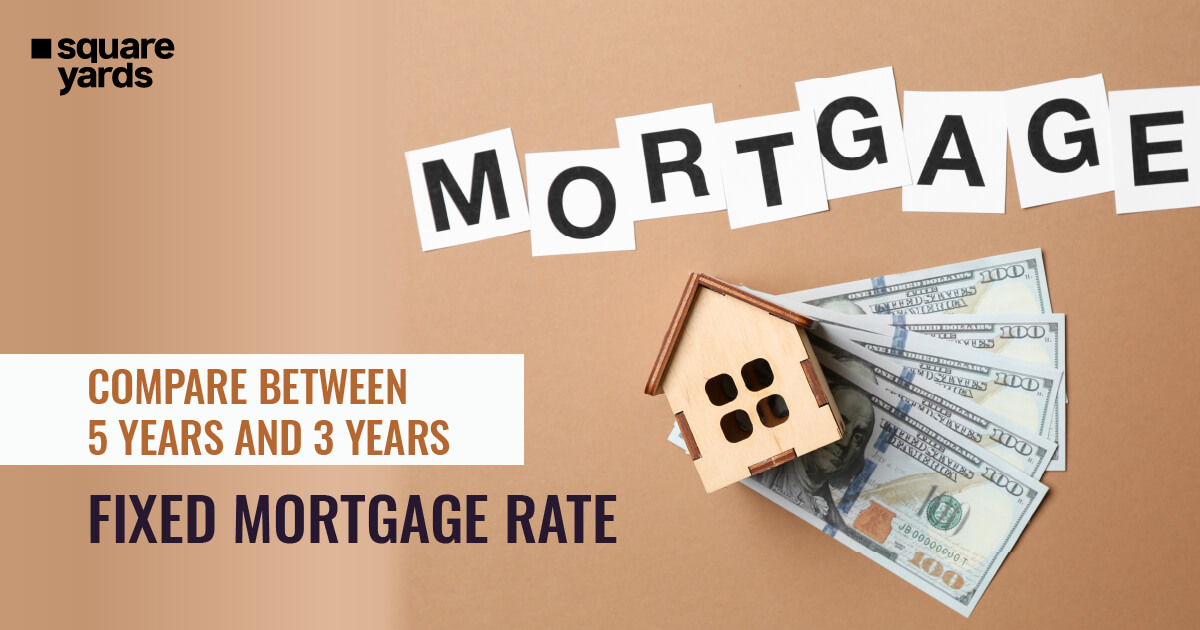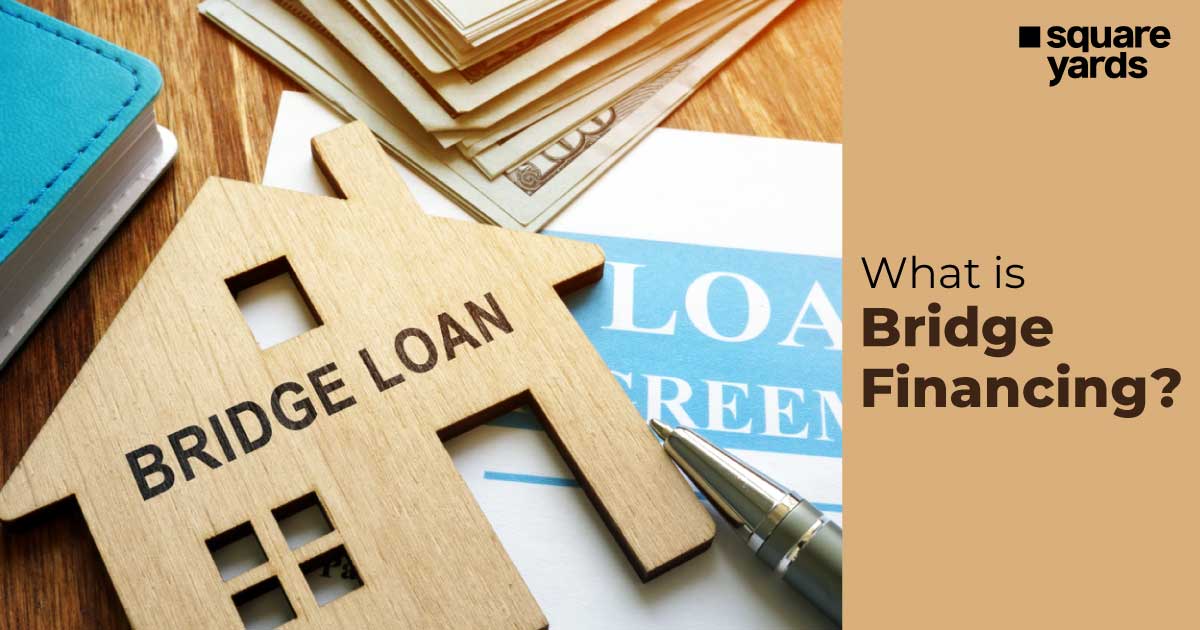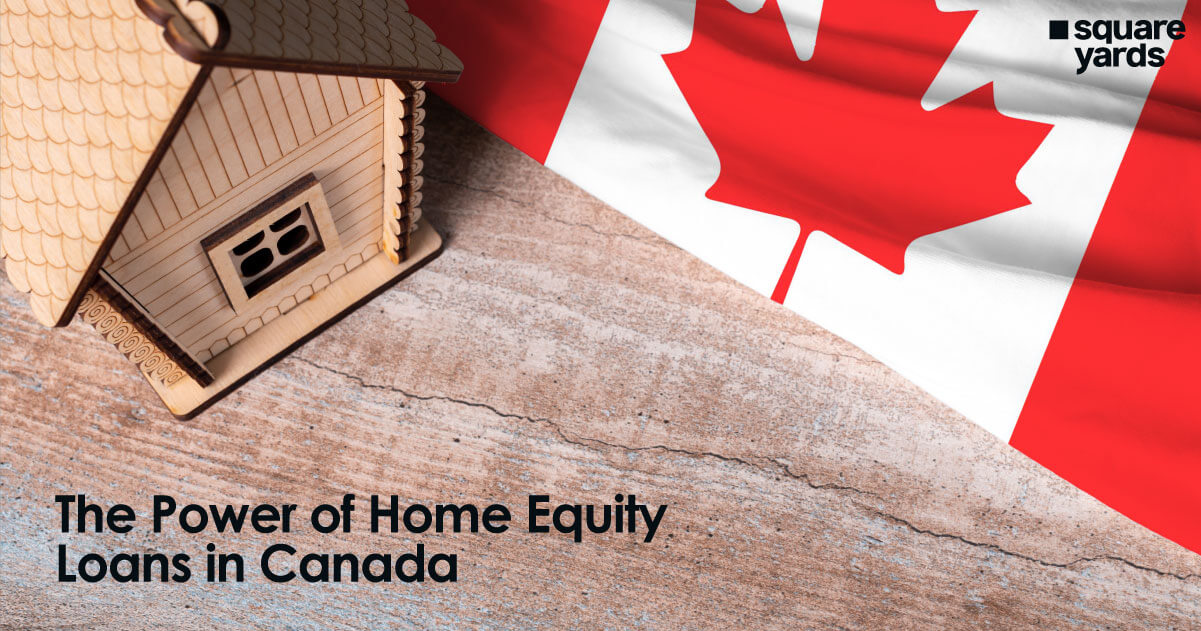Lien on houses often carries a negative connotation. However, it is certainly not the case. There are situations where lien on houses can be beneficial as they are different variables one can consider. Therefore, this blog will help you in giving a brief idea about how lien works, the different kinds of liens and how to remove the mortgage from your house.
How does Lien Work?
A lien is the legal claim that makes sure that the creditor gets their right over the property in case the debtor fails to make their payments. Simply put, when an individual takes a loan in return, they are supposed to secure a property with banks. However, for any reason, if an individual fails to make their payments on time, the bank can then further put a lien on their property and gets a legal right to sell off their property to cover the borrower’s pending debt.
This also happens when an individual fails to pay any kind of taxes, bills or even make payments to their contractors (who are working on your property).
Different Types of Liens
A property lien has been categorized into two main parts which include, Consensual Lien and the other is Non-Consensual Lien.
Consensual Lien
As the name describes, a consensual lien is a voluntary charge that is attached to an individual’s property. The most relevant example here is the mortgage loan. Apart from this, a lien can also take place when you are taking off other credits. A home is secured against a mortgage as a part of your payment obligation for your new asset. And when an individual is always up to date with his payments, they then can retain the property’s ownership.
Non-Consensual Lien
A non-consensual lien is an involuntary charge that is attached to an individual’s property. This kind of lien can be enforced by local laws. The lien can be charged on anyone from the lender to tax authorities.
Tax Lien
In case an individual fails to pay income tax or their property tax. Then, a state can put a lien tax on an individual home. Further, in case an individual fails to make their mortgage payments continuously, then the authorities can sell off their property in order to settle their debts.
Judgment Lien
This happens when an individual secures a lawsuit as opposed to a debtor. Further, they get authorized for the funds that they get by selling off the borrower’s property in order to settle their debts. This can happen due to non-payments of their loan or can also take place in case the medical insurance is not enough to pay off their medical bills or to meet any kind of emergency.
Mortgage Lien
This kind of lien initially gets started as a consensual lien, but in case an individual fails to make their payments then the lender holds all the rights to take away their possession and sell off the same to cover their losses. Amongst all the other liens, a mortgage lien has the most probable chance to get a foreclosure. However, this happens when an individual is not able to meet their payments even in the period of 120 days.
Mechanic Lien
This lien happens when a contractor or a mechanic does not get their payments on time for the work they have done on an individual’s property. In other cases, it also takes place when a contractor does not make payments to their suppliers (this payment could be related to anything like raw materials)
Does Having Lien on House Considered Bad?
Having a lien on houses completely depends upon the situation. For instance, Consensual liens get visible in an individual’s credit report. But this happens only if an individual makes their payments on time without any delay. On the contrary, it is considered as an advantage for your credit score. As this is the best way to showcase that lenders and banks can trust you for lending you money.
But it can also turn out to be a problem if an individual is a defaulter at making their monthly payments. It is important for you to note that your credit history makes a lot of difference in maintaining your credit score. Also, note that a tax lien, judgment lien, and mechanic lien will be visible on your credit history for at least 7 years. This is the reason it is suggested to avoid the same.
In addition, this non – consensual lien can also become a big default for you to sell your house. Also, it can lead to risking your property or even losing the same, in case your property is auctioned.
Remove Lien from Your Home
The best and the simplest way to remove the property lien from your home is by paying off your debts. Or else, can even negotiate to make a partial payment to your lien-holder. In case of judgment, the lien can also file lien avoidance to the Supreme Court.
Frequently Asked Questions (FAQs)
Having a lien on houses completely depends upon the situation. It is different for both consensual and non – consensual lien.
A lien is basically the legal claim that makes sure that the creditor gets their right over the property in case the debtor fails to make his/her payments or any kind of financial obligations.
The different types of Non-Consensual lien are of 4 types. These are Tax Lien, Mortgage Lien, Mechanic Lien and Judgment Lien.
A consensual lien is as the name describes is a kind of charge, where an individual voluntarily agrees on having a lien.
A judgment lien secures a lawsuit as opposed to a debtor. They get authorized for the funds that they get by selling off the borrower’s property in order to settle their debts.


